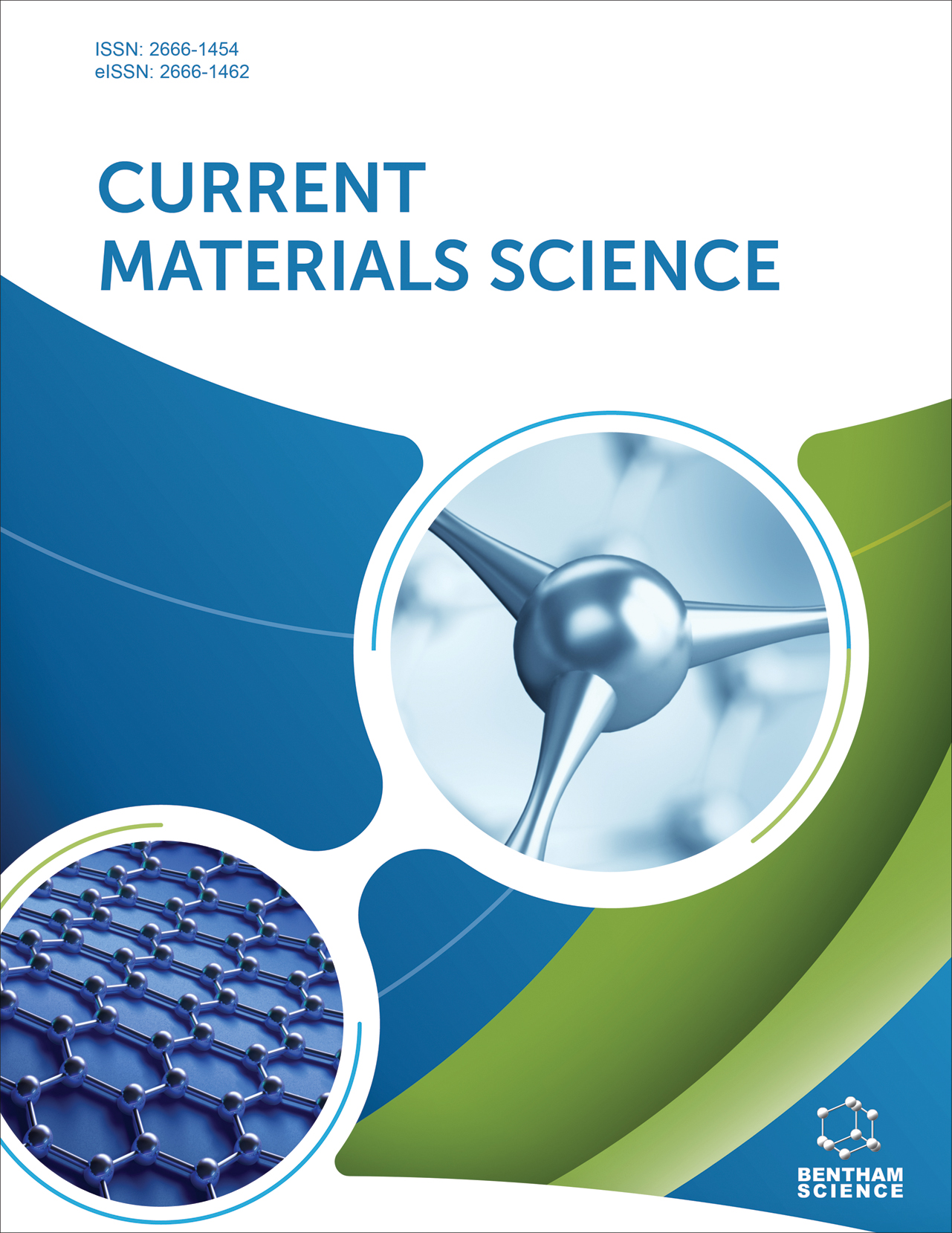
Full text loading...

This study examines nanomaterials as therapeutics for Alzheimer’s treatment, their environmental footprints, or both, in an innovation-embedded, sustainability-balanced discussion that puts a spotlight on eco-friendly practices in advancing medical technologies. By reviewing recent advances in nanomaterials for Alzheimer’s treatments, this study aims to further evaluate the environmental implications of nanomaterial manufacturing and disposal, as well as alternative materials and processes that can mitigate these impacts. Researchers are creating a framework to assess the sustainability of nanomaterials for medical applications. The study claims that the other side of the coin is that, although nanomaterials have taken Alzheimer's disease therapy by storm, they have their environmental consequences. The study explains why adopting sustainable practices is necessary for keeping a wholesome balance between innovation and ecological accountability. The healthcare technologies are likely to benefit from minimizing their environmental impacts while making the most of the advances in nanotechnology through implementing sustainable materials and methods. Proposed recommendations clearly delineate a route toward integrating sustainability into the design and application of nanomaterials for medical therapies.

Article metrics loading...

Full text loading...
References


Data & Media loading...